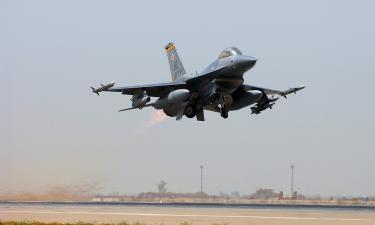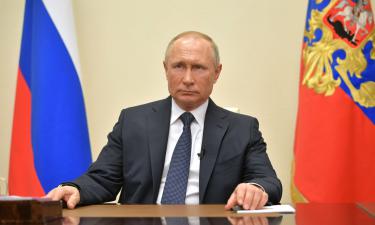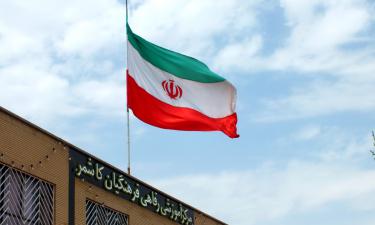Terrorism poses a greater threat to world than nuclear weapons
The secretary of Russia's Security Council believes that at the present time terrorism represents for the world a greater threat than nuclear weapons. Ivanov expressed this view in an interview with journalists as he replied to the question what should be considered the greatest menace to the human race.
"Undoubtedly, it is international terrorism and everything linked with it," Ivanov said.
He said that at their meeting on Tuesday Russian President Vladimir Putin and IAEA Secretary-General Mohamed Albaradei "discussed the strengthening of the regimes of non-proliferation of weapons of mass destruction (WMD)".
"Appropriate decisions were also taken at the last summit of the Group of Eight, since mankind cannot give up the development of nuclear energy," Ivanov noted.
After acknowledging that the danger of WMD proliferation remains, the Security Council secretary described as a common task "joint efforts to promote the non-proliferation regime".
"Here we actively cooperate with all countries, with the IAEA, and take part in these processes of regulating the nuclear issue on the Korean peninsula and the nuclear problem around Iran. We will continue participating in this process," Ivanov said.
He said that "Russia is categorically opposed to the emergence of states possessing nuclear weapons".
"Loss of control over this process may lead to the most catastrophic consequences, but, of course, terrorism is more dangerous, because today the nuclear potential is under control. We know countries where such weapons may appear. But terrorists are invisible. We do not know where and when they can strike a blow, we do not yet have dependable preventive mechanisms of countering the terrorist threat," Ivanov explained.
At the same time he thinks that "restrictive or forcible measures will not solve the problem".
Ivanov called for a comprehensive approach in solving the problem: "First of all, it is necessary to look for the prime cause. Perhaps it is connected with the continuing intensification of social and economic inequality in the world (there are large zones with an economically unfavourable situation where people for a small payment become cannon fodder for terrorists)".
"The second aspect concerns unsolved inter-ethnic and inter-confessional relations. We need a dialogue between civilisations. The third reason is the large number of unresolved regional conflicts. Iraq, for example, has turned into a centre of global terrorism, something it was not before the start of the war," Ivanov said.
"Terrorism is a transboundary phenomenon. To combat it the international community should above all coordinate its efforts in information exchanges. Here too mutual trust is required. It is necessary to understand that we have a common opponent," Ivanov remarked.
In his view, the war in Iraq has complicated the counteraction to terrorism. "Here everything is interconnected - drugs, crime, terrorism. They are to be cut down all together. An iron curtain is unlikely to solve the problem. Here the approach should be more serious, and, most important of all, on a collective basis," Ivanov emphasised.
Subscribe to Pravda.Ru Telegram channel, Facebook, RSS!




